The combustion ban schedule has been delayed again and again. When will fuel vehicles be eliminated?
Author: Xiao Yu; please bring the above information for reprinting as automatic authorization
In the past few years, we have seen the "death penalty court verdict" of fuel vehicles in the news every now and then. Today, a certain car company announced that it will completely stop production of traditional fuel vehicles in the near future. Tomorrow, a certain country announced that before the mid-21st century, all commercially available models will be turned into electric vehicles.
As early as September 2017, MIIT had stated that China was also studying and formulating a "ban on combustion" timetable. After the tone was set, all kinds of news were flying around. Because the independent brands announced that they would stop production of traditional fuel vehicles in 2025, many news initially said that the time for China to completely ban combustion would be 2025. Later, an official background "Study on the Exit Schedule of Traditional Fuel Vehicles in China" also said that private cars in first-class cities will achieve comprehensive new energy in 2030, and China is expected to achieve a complete withdrawal of traditional fuel vehicles by 2050. Everyone immediately guessed that a complete ban on combustion will be achieved in 2050.

Three years later, there is still no certainty when China will fully phase out traditional fuel vehicles.
At the recent "Second Global New Energy Vehicle Supply Chain Innovation Conference", a scholar named Wang Binggang proposed: "China’s new energy vehicles and energy-saving vehicles should be developed simultaneously. It is not recommended to abandon traditional vehicles, it is not recommended to formulate a timetable for banning combustion, and it is not recommended to put forward the slogan of banning combustion in China."
Wang Binggang is the head of the expert group of the National Clean Vehicle Action Coordination Leading Group, the director of the Technical Committee of the National Electric Passenger Vehicle Technology Innovation Alliance, and the head of the National New Energy Vehicle Innovation Engineering Expert Group. His opinion represents not only himself, but also the many experts involved in national decision-making behind him. I believe everyone has smelled the signal that China’s ban on combustion may never come.
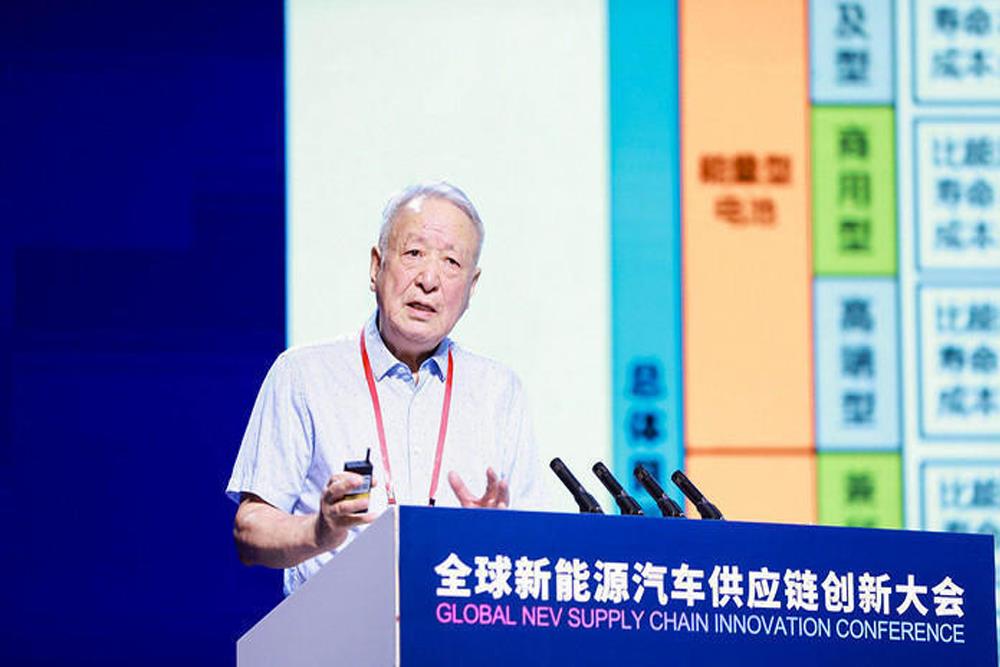
In contrast, other countries’ combustion ban schedules are completely certain, such as Norway in 2025, the Netherlands in 2030, and the United Kingdom in 2040. As we all know, compared with traditional fuel vehicles, Chinese car companies have a great advantage in new energy technologies. In recent years, they have been talking about overtaking in curves. Why is there a curve braking now? To put it simply, in order to avoid "policy waste". With China’s current conditions, it is very unrealistic to completely stop the production of fuel vehicles in 2030. Even by 2050, China’s general environment is still not suitable for only selling new energy vehicles. The introduction of a timetable is just causing trouble for everyone.
The countries that have implemented the ban on combustion have several things in common. First, they are often small in size, with Norway, the Netherlands, and the United Kingdom all being relatively small. New energy vehicles represented by pure electric vehicles, at least with the current level of technology, can only reach a few hundred kilometers. When the electricity is used up, it is necessary to charge the nest. For small countries, this battery life is enough to cope with a domestic trip and is more convenient to use.
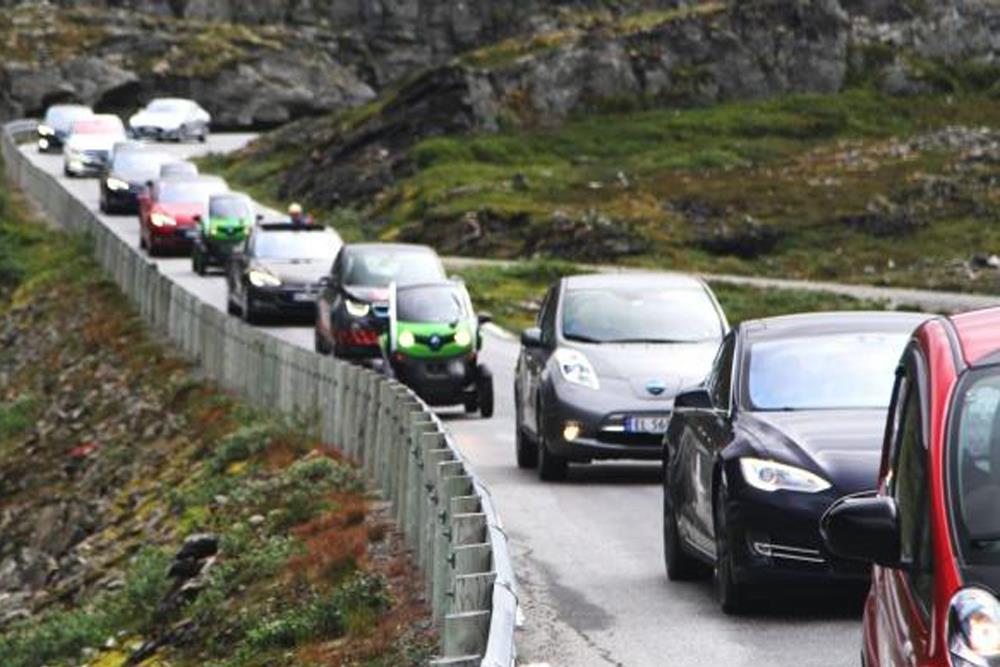
Second, their economies are more developed, and the auto market is close to saturation. When everyone has a car, it is difficult for the auto industry to sell new cars. Changes in regulations will accelerate the obsolescence of old cars, which is a way to stimulate car consumption.
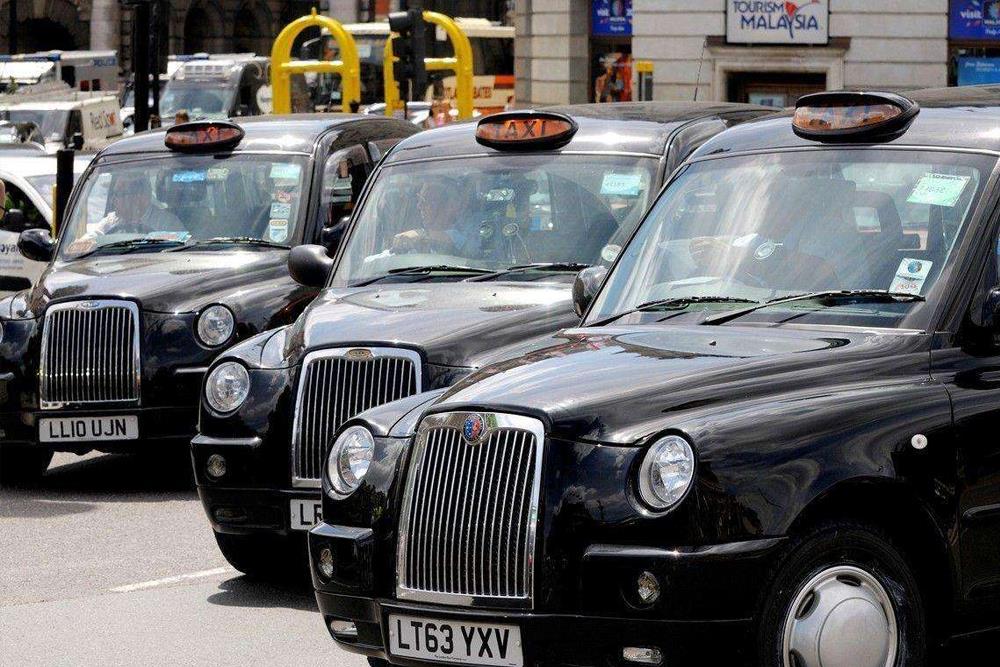
Third, their electricity mainly comes from clean power generation. European countries, represented by Norway and the Netherlands, use a lot of nuclear power, wind power, hydropower, and solar energy instead of coal and oil for thermal power, which means that their new energy vehicles are really "zero emissions" when they operate, rather than transferring emissions to power stations.
The above three characteristics are also the basis for the implementation of a comprehensive ban on combustion. Unfortunately, China does not have a single feature. Our country is very vast, and the geographical environment is very complex. New energy vehicles with a range of several hundred kilometers may not even save money on a single charge. Our average car ownership per thousand people is 154, the UK is 519, and Norway is 584. Obviously, China’s automobile market still has great potential. There is no need for a mandatory ban on combustion to stimulate consumption for the time being. 70% of our electricity is thermal power obtained by burning coal. If the combustion is completely banned, it is equivalent to the power of the car being basically provided by coal. This is not an environmentally friendly thing.
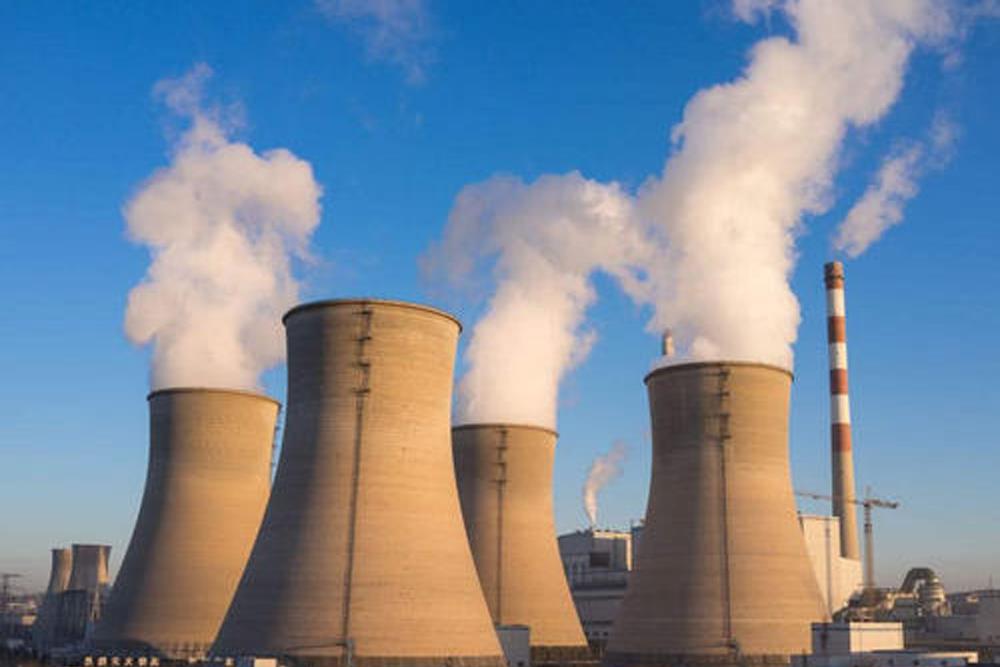
Regarding electricity, we have to say a few more words. Many people know that China needs to import a large amount of oil every year, and then feel that as long as the car is fully new energy, it can reduce its dependence on imported oil and ensure China’s energy security. The current ban on combustion is only to replace oil burning with indirect coal burning. Coal and oil are both non-renewable energy sources. China’s coal self-sufficiency is higher, but it also needs to import more than 300 million tons per year. Coupled with the consumption of new energy vehicles, China’s coal resources will only dry up faster, and it will be more dependent on imported coal. Isn’t it the same thing?
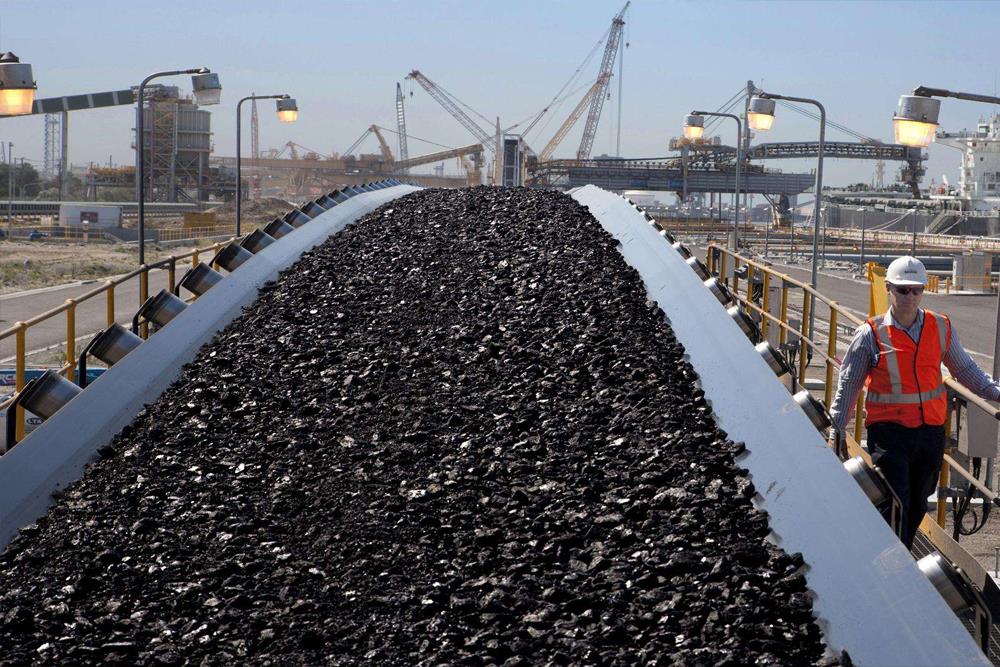
It is precisely because we do not have the conditions that we are calling for the ban on fuel vehicles at this time, and the whole of China will pay a huge price for it. And the dividends that come from this price are not much. Only Chinese car companies that have an advantage in the field of new energy can make a lot of money because of this, and everyone else will suffer.
At present, the correct path for China to take is not to set a timetable for banning combustion and let the market eliminate fuel vehicles. For a long time to come, the tone of China’s auto market should be that fuel-efficient vehicles and new energy vehicles should go hand in hand, walking on two legs. On the one hand, continue to tap the potential of internal combustion engines and drain their last bit of potential. On the other hand, improve new energy vehicles and related facilities to make them more comfortable and environmentally friendly to use.
Future new energy vehicles may switch to graphene batteries with extremely high performance (essentially a super capacitor rather than a chemical battery), which can be charged in a few seconds and have a range of thousands of kilometers; perhaps they will be replaced by hydrogen fuel cells, just like a fuel car refueling, full of hydrogen and you can run. Anyway, it will not be the current "electric dad". It will take a lot of time for new energy vehicles to complete the transformation from dad to true god, which may take decades or hundreds of years. At the same time, human beings have to complete the transformation of energy structure, no longer relying on coal to generate electricity, and switching to cleaner power generation methods, which will be a more difficult task.
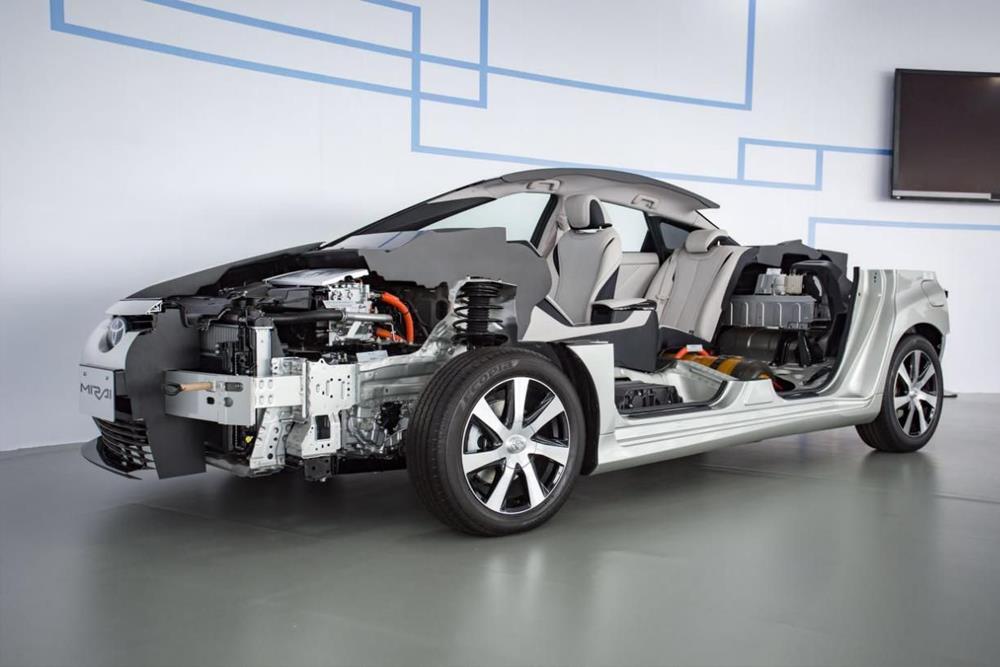
Most countries in the world, like China, do not have the conditions for a ban on combustion, so they take a wait-and-see attitude, like the United States, Germany, and France, which release rumors of a ban on combustion every now and then, but there is no actual action at all; car companies are just playing word games to cope with the increasingly strong calls for environmental protection. Now the car companies that have announced that they will stop producing traditional fuel vehicles should be studied carefully. They are all models that are driven by engines. They add a 48V system to the engine, which is not a "traditional fuel car". This is a real monkey…
Everything must be prioritized. Should fuel vehicles be eliminated? Should! Should fuel vehicles be eliminated now?